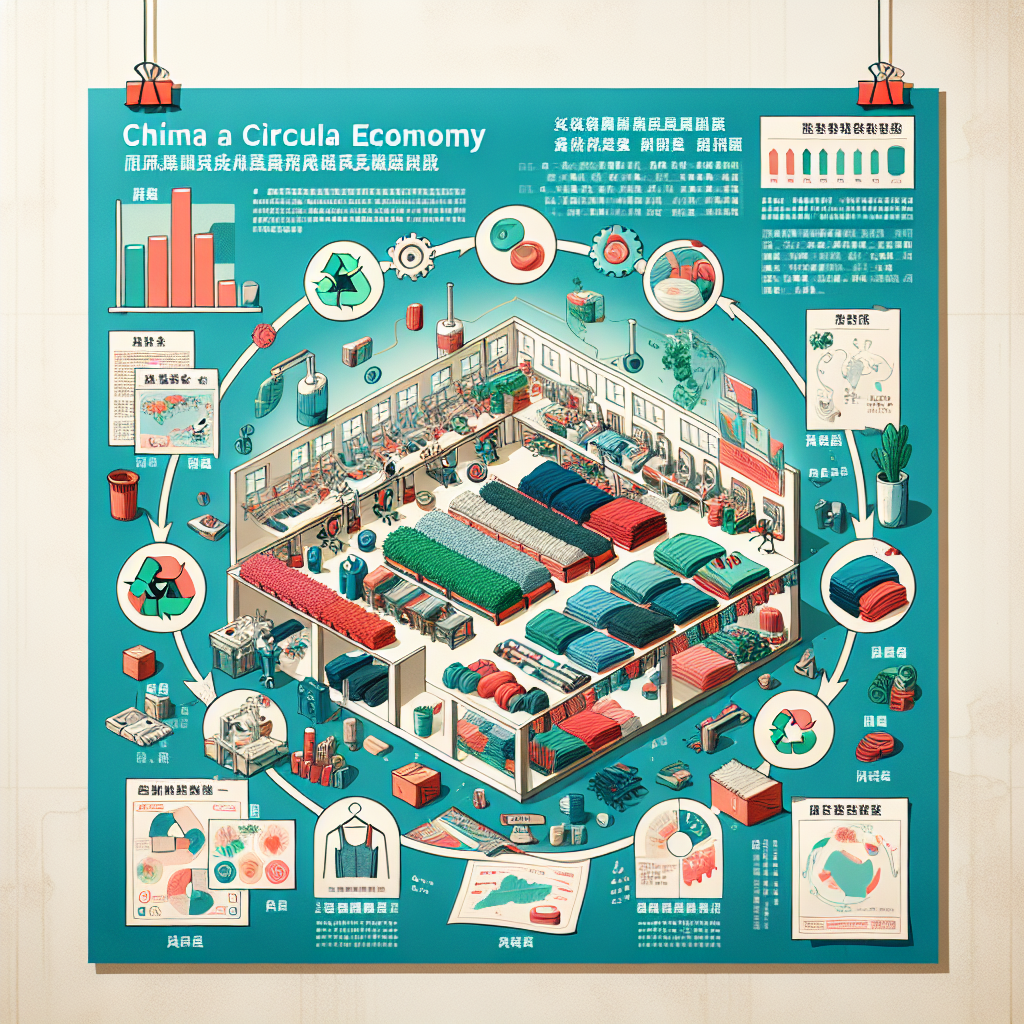Geneva & Dongguan, 21 November 2024 – The World Business Council for Sustainable Development (WBCSD) is pleased to announce the release of a Chinese version of theCircular Transition Indicators (CTI) Fashion Sector Guidance, a milestone report initially launched in English in January 2024. This release, to be presented at the 2024 Global Apparel Conference hosted by the China National Textile and Apparel Council(CNTAC) in Dongguan—one of China’s leading manufacturing hubs— provides crucial circularity metrics to help meet the unique needs of China’s fashion and textiles sector. The CTI Fashion Sector Guidance equips businesses with a standardized, transparent framework for measuring circularity, fostering accountability, and driving transformative change within the industry. With over half of discarded clothing going unrecycled globally, the fashion industry faces pressing sustainability challenges. The Circular Transition Indicators (CTI) framework offers a set of clear, quantitative measures to help companies assess circular performance, set credible baselines, and establish ambitious targets that align with China’s vision for a sustainable future in fashion. The guidance is part of the CTI Fashion Initiative, a key effort to establish harmonized standards and best practices in circular fashion co-led with VF Corporation and Deloitte. Leveraging the widely recognized CTI framework developed by WBCSD, the Initiative helps companies define circularity roadmaps, make informed decisions, and transparently report their progress. As the fashion industry shifts toward net-zero and resource-efficient practices, the CTI Fashion Initiative aims to unify global efforts by providing businesses with the tools to measure, report, and optimize their circular practices. The release of the Chinese translation underscores WBCSD’s commitment to supporting China’s sustainability journey. By making these circularity metrics accessible to Chinese businesses, WBCSD aims to drive broader industry engagement, enable data-driven approaches, and foster collaboration across the global fashion supply chain, ultimately creating a more circular and resilient fashion industry.
The CTI Fashion Sector Guidance empowers companies with actionable insights and metrics, creating a shared language around circularity in the fashion industry. Making this guidance available in Chinese is a significant step in supporting Chinese businesses as they pursue circularity goals and collaborate across the global supply chain.
Weidong Zhou, Director for China at WBCSDWBCSD’s support to China’s sustainability journey continues to expand, from the recent Two Lakes Dialogue in July 2024, organized in partnership with the China Chamber of International Commerce (CCOIC) Hubei and Hubei Hongtai Group, to ongoing efforts with Chinese businesses on carbon transparency and emissions reduction strategies. WBCSD’s initiatives support China’s 14th Five-Year Plan, which incl

